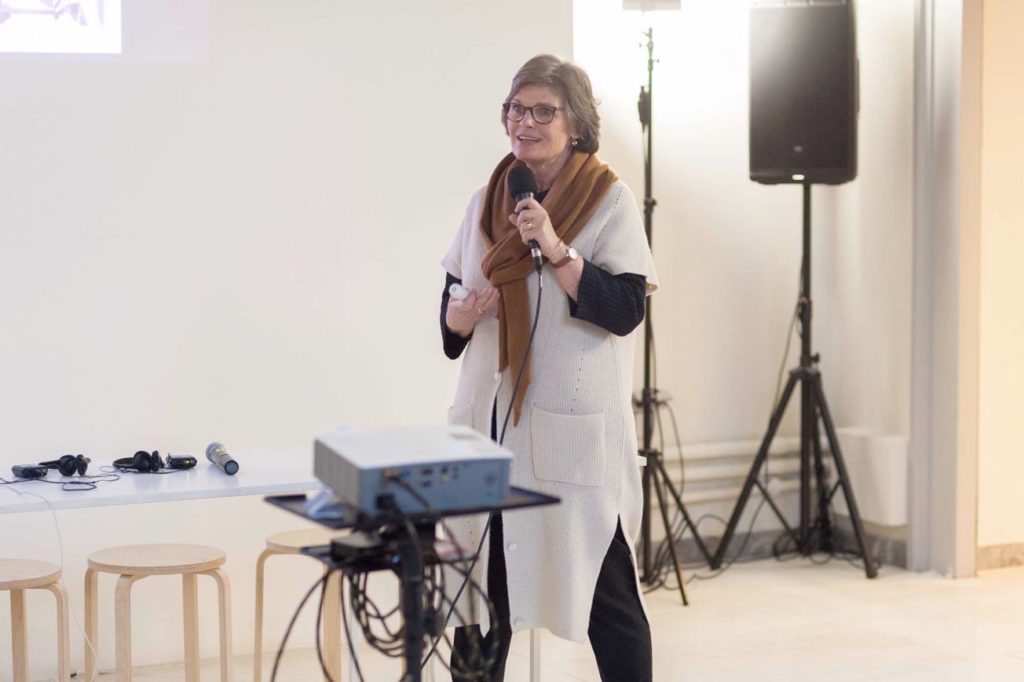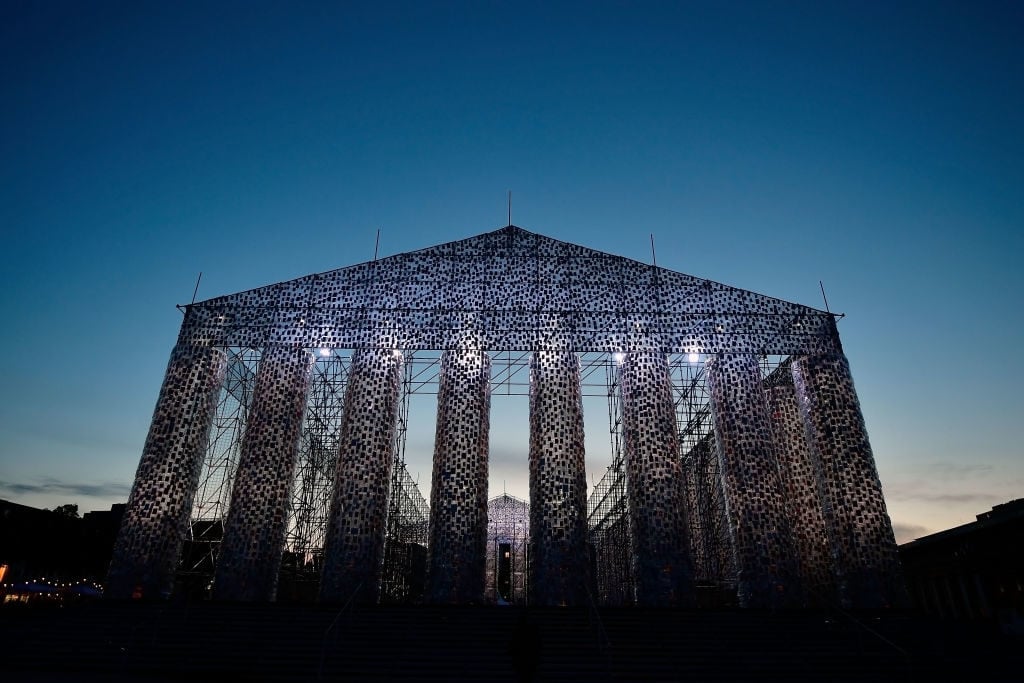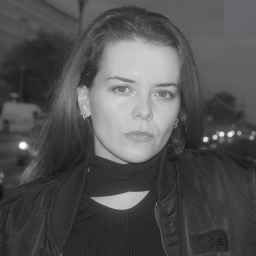The German Attorney General Götz Wied confirmed on Wednesday, February 14, that the criminal investigation into documenta’s officials on the suspicion of embezzlement has expanded. The investigation comes in response to a report issued last November by an independent auditor that included substantial evidence that there were serious failures in how public funds were spent on the recent edition of the prestigious exhibition, which took place in Kassel in Germany as well as the Greek capital of Athens.
Wied emphasized to the press that though the investigation is now officially underway, so far no charges have been filed. Wied confirmed with the local German paper the Rheinisches Post, “After reviewing reports submitted by the external auditing firm, more investigations have been included. That is to say, initial suspicion has been affirmed.”
The extent of their money troubles came to light just days before documenta 14 was set to close in both cities, when a German newspaper broke the story that the exhibition had gone severely over budget. By the time it closed in mid-September, it became clear that the financial deficit amounted to €5.4 million (around $6.3 million)—but that was just the beginning of the controversy.
In November, the independent auditing firm PricewaterhouseCoopers (PwC) confirmed that there were insufficient controlling measures in place to determine how much money was being overspent, and that a financial plan that was submitted to documenta’s supervisory board every two months was missing the standard forecast for the rest of the financial year, making it easier to allow the project to go over budget without realizing. The report has yet to be made completely public.
The prosecution initiated a pre-investigation back in September. The following month, the City of Kassel filed several criminal charges against officials for embezzlement in connection with documenta. Those accused include the chief executive of documenta’s parent company, Annette Kulenkampff; documenta14’s artistic director Adam Szymczyk; the former documenta supervisory board chairman and ex-mayor of Kassel, Bertram Hilgen, and Christian Geselle, his successor in both posts. Now, the Attorney General’s office confirms this, and that the investigation is growing.
After the report came out, embattled chief executive Kulenkampff agreed to step down on June 1, 2018, a year before her contract expires. This Tuesday, Kulenkampff rejected the allegations against her in a seven-page letter issued by her lawyer, according to the Rheinisches Post.
artnet News reached out to the City of Kassel about the investigation, who declined to comment on these reports by the Rheinische Post, and stated that Mayor Geselle would not comment on these additional statements about documenta 14. artnet News also reached out to documenta gGmbH for their comments on the reports about the official investigation, but they had not replied by the time of publishing.

Annette Kulenkampff. Photo: Stathis Mamalakis, courtesy of documenta.
In sum, what persists is the conclusion that Athens was the problem. According to the November report, the $6 million-plus deficit that brought documenta to the brink of financial disaster was due to the exhibition’s second location in Athens. This led to many added costs to fund additional personnel and transport works that were apparently not taken into account. No Athens, no deficit, the report concludes. In fact, without the Athens show, they say that documenta would have ended its 14th edition with a surplus.
It has been confirmed that the upcoming 15th edition of documenta will proceed as planned. It is due to open on June 18, 2022 in Kassel (no second location has been announced, or is expected). Before her tenure ends prematurely in June, Kulenkampff is on the hunt for documenta15’s next artistic director.










